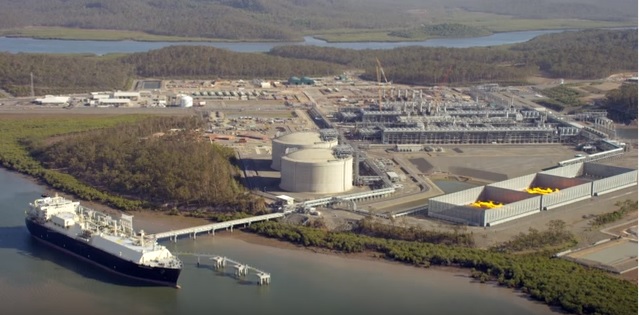The European Commission has approved under EU state aid rules Maltese plans to pay Electrogas Malta, operator of the Delimara plant, for providing energy to Maltese electricity company Enemalta. The measure compensates Electrogas for the additional cost of fulfilling public service obligations.
In June 2016, Malta notified plans to support the Delimara Gas and Power Energy Project to the Commission for assessment under EU state aid rules. The project comprises the development of a floating liquid natural gas storage unit and a new combined cycle gas fired power plant. The storage unit will supply gas to the new power plant as well as to an existing plant.
The project aims to decrease electricity prices, reduce environmental damage from energy production, and increase security of supply by diversifying the energy mix. The project will partly replace the existing electricity generation infrastructure in Malta.
The measure will benefit the project developer and operator, Electrogas Malta Limited. It was selected on the basis of a competitive tender procedure by Enemalta, a public company licensed to generate, distribute and supply electricity in Malta. Electrogas Malta has a public service obligation to make available electricity and gas to Enemalta, and supply electrical energy and gas when dispatched by Enemalta. This contract will last for eighteen years. The support takes the form of payments from Enemalta, which provide an economic advantage to Electrogas as they ensure a certain rate of return and a steady revenue stream. The rate of return for Electrogas Malta is in line with that of similar projects. On this basis, the Commission concluded that the company will not be overcompensated for the services it will provide.
The Commission’s 2011 rules on services of general economic interest allow Member States, under certain conditions, to compensate companies that have been entrusted with public service obligations for the extra cost of providing these services. The Commission verified in particular that the Maltese energy market cannot adequately deliver the necessary level of service due to its particularly small and isolated character.
Source: EU Commission




























































